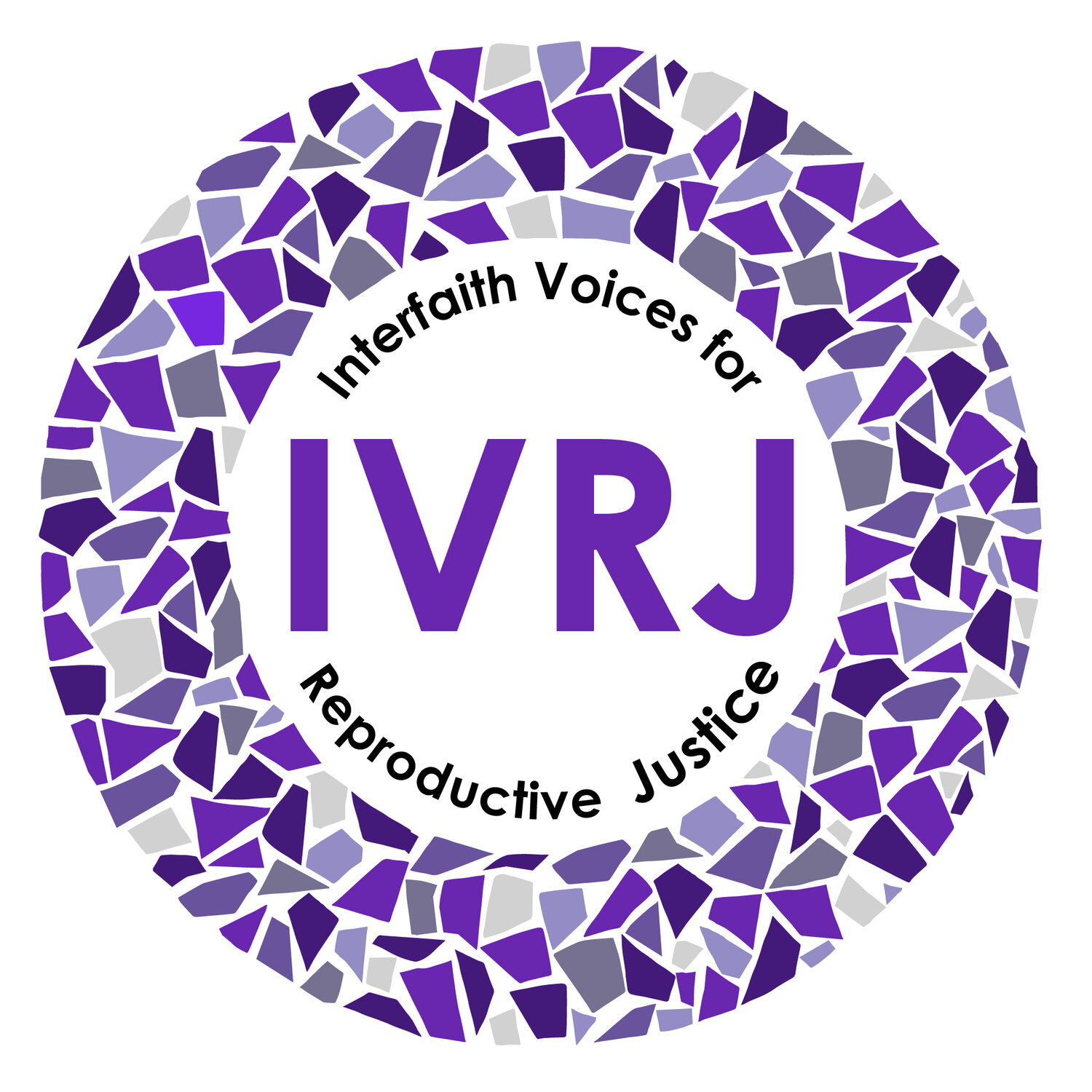What is Reproductive Justice?
The term “Reproductive Justice” (RJ) was coined in June of 1994 by twelve Black women attending a conference sponsored by the Illinois Pro-Choice Alliance and the Ms. Foundation for Women. Major issues like healthcare reform were being discussed and strategized but the issues and needs of Black women and women of color were not being considered by the mainstream white feminists. These 12 Black women gathered to formulate their own vision of ways to dismantle black women's systematic barriers to reproductive, sexual health and autonomy. They departed the conference with the foundation of reproductive justice and later formed Women of African Descent for Reproductive Justice. The movement was essentially launched in 1995 by the publication of a historic full-page statement with 800+ signatures of Black women in The Washington Post and Roll Call. Reproductive justice is an intersectional theory and framework based on Black feminist theory and human rights. Reproductive Justice centers the lived experiences of people of color and the impact of interlocking systems of oppression and white supremacy.
The Founding Mothers of Reproductive Justice:
Dr. Toni M. Bond
Rev. Alma Crawford
Evelyn S. Field (deceased)
Terri James
Bisola Marignay
Cassandra McConnell
Cynthia Newbille
Loretta Ross
Elizabeth Terry
Rep. ‘Able’ Mable Thomas
Winnette P. Willis
Kim Youngblood
Four Pillars of Reproductive Justice:
Every Individual Has the Human Right to:
1. Decide if/when to have a child
2. Decide not to have children
3. Parent the children they already have to not just survive but thrive
4. Sexual pleasure and enjoyment without procreation


